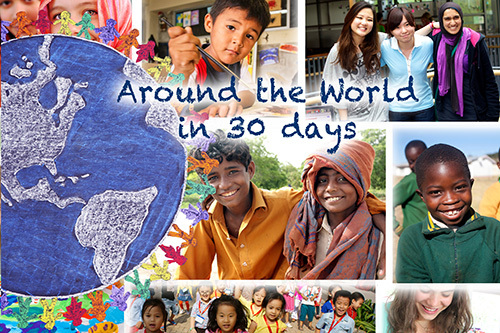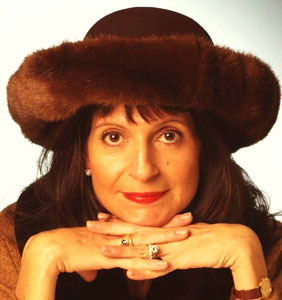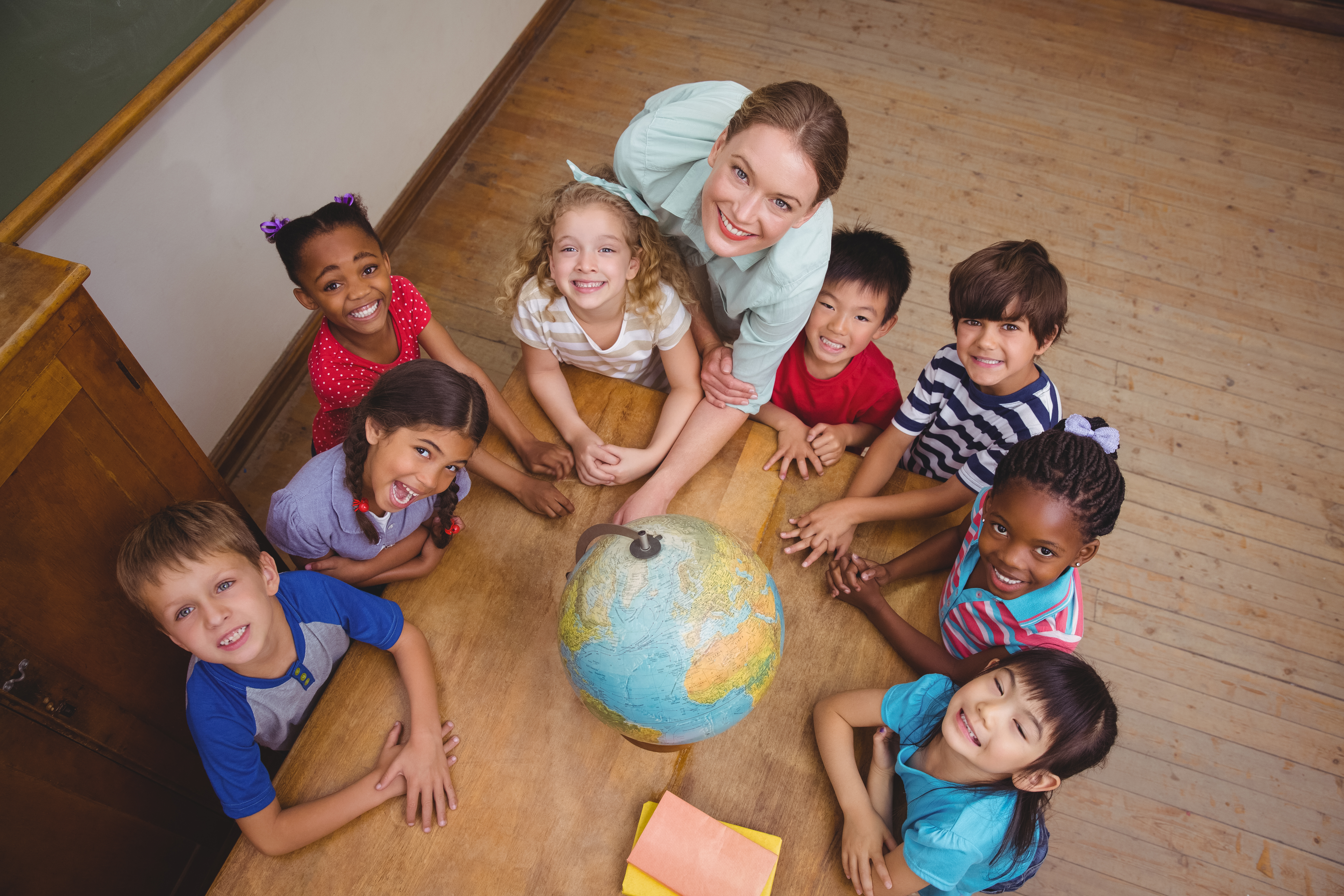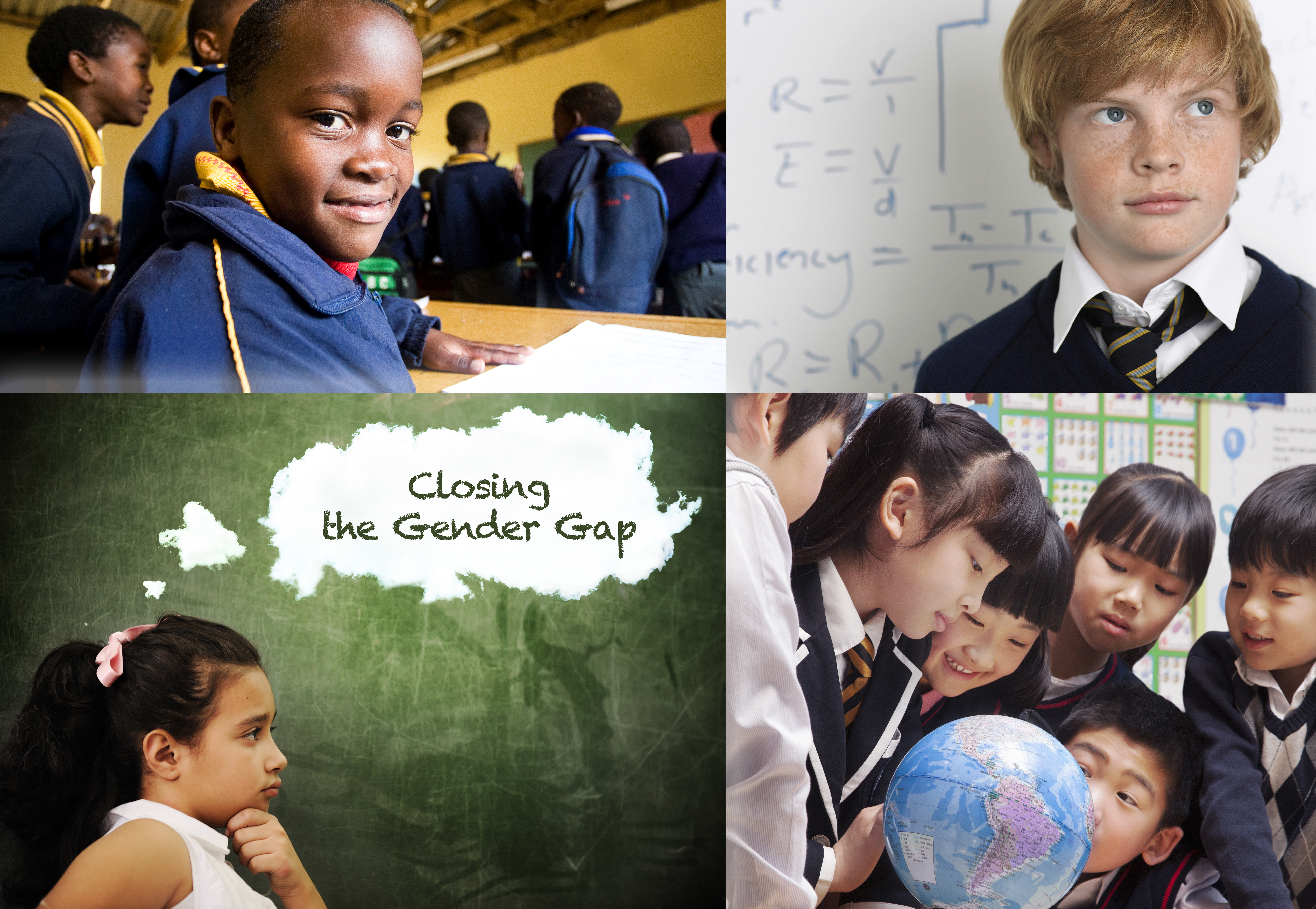
From Education Fast Forward’s 17th debate in partnership with UNESCO at Mobile Learning Week in Paris, alla nostra chat Twitter sul multiculturalismo in collaborazione con Edmodo, per intervistare il Top 10 finalisti per il Premio Maestro globale del Varkey Fondazione, di esplorare una tecnologia all'avanguardia che sta cambiando l'educazione musicale, to welcoming the voices of new experts to our global teacher blogging team, it was a stimulating and revealing month around the world.
“Innovation and Quality: Two Sides of the Same Coin?” was the title of Education Fast Forward’s 17th global debate at Mobile Learning Week in Paris in partnership with UNESCO. The debate brought together thought leaders from all over the globe to discuss the latest news and views on the impact of mobile technology in life-long learning. “Technology has the potential to unlock new approaches to assessment that will change what and how we teach,” said Jim Wynn, who noted that “the current curriculum shape and form that we see around the world with subjects taught in silos has to change.” Lord Jim Knight noted that the most convincing way he has seen technology utilized in education is flipped learning. “This technique should see more teachers pushing learning content to pupils in advance of class, to then allow face to face time at school to be used more effectively to embed the learning,” he stated.
When our present and our future is inevitably a highly interconnected world, competencies like global openness, empatia, rispetto, adaptability and critical-thinking are no longer merely ‘helpful’ to students, they are essential for them to flourish. “Insegnare in un paesaggio globale – Memore multiculturalismo in aula di oggi” was the timely topic of our Twitter Chat hosted by Edmodo and ourselves which, not surprisingly, was trending on Twitter during the event. ospiti in vetrina Dr. William Gaudelli, Jessica Kehayes, and Dana Mortenson joined teachers and twitter users from all over the world to share practices in fostering global competency. Key insights into the future of global education were offered, including one from Jessica, Executive Director at the Asia Society: “Quanto più siamo in grado di promuovere la comprensione e la presa di prospettiva, e incoraggiare spiegazione del vostro pensiero, mentre con rispetto sentendo gli altri, più possibilità c'è per nuove idee di emergere e le comunità ad essere rafforzato. Costruire relazioni con la comunità può e deve cominciare presto, promuovere tutti i membri della nostra società come voci importanti, including our youngest.”
Narrowed down from 8,000 nominations in 148 paesi in tutto il mondo, the Varkey Foundation’s Premio Globale Maestro 2016 came up with a list of ten finalists. Just prior to Pope Francis announcing Hanan Al Haroub the winner I had the honor to interview all the finalists. Aqeela Asifi, Ayub Mohamud, Colin Hegarty, Hanan Al Haroub, Joe Fatheree, Kazuya Takahashi, Michael Soskil, Richard Johnson, Maarit Rossi, and Robin Chaurasiya shared their perspectives with me on how to make teaching a more prestigious career. Hanan Al Haroub insisted that “…teachers are the real power in this world. They are the only ones who can change societies, the ones who can create productive and active generations…” Pertanto, teachers should be treated with more respect and dignity. Dovremmo “provide salaries and conditions to entice bright, innovative/creative minds and lift the profile of the profession…” suggested Richard Johnson. The future of education may be grim in places where teachers are not valued as an integral part of a prosperous society. As Mike Soskil said, “Only when we treat teachers as the professionals that they are will we see the success that we desire in our schools.”
Craig Swann is the Founder and Chief Imagination Officer of Looplabs. Looplabs is a free, di collaborazione, cloud-based music studio that lets anyone, regardless of technical skills or ability, easily make, share, and discover music. While Looplabs is exciting for both amateur producers and music enthusiasts alike, it is also making waves in the education world. “Allowing a teacher to set up a project and then let every student interact and build off that one piece, but yet having them all connected at the same time, provides powerful ways to learn by doing it together.” Because Looplabs is designed to help beginners make music – “it allows for easy, intuitive ways to explore composition, to test, and try things…” – it makes for a wonderful tool to allow youth to discover their creative abilities. E, importantly for educators: it’s free!
Questo mese, Il Global Ricerca per l'Educazione welcomed an expanded panel of experts as the new Top Global Teacher Bloggers. For their introductory collaboration we asked them a controversial yet essential question in global education: “Quali sono i migliori esempi avete visto dei docenti di chiusura del divario di genere nell'istruzione?” Maarti Rossi explained that, “E 'importante che le scuole deliberatamente mescolare i generi nelle aule…” It’s also essential to engender self-respect and the self-confidence in every student, regardless of gender. Miriam Mason-Sesay summarized this practice wonderfully: “The idea is to catch them young to teach them their value and make sure that negative messages never get a chance to take hold.” Warren Sparrow identified the difficulties that many young boys have in education: “Un fenomeno strano in Sud Africa è che ci sono più maschi che femmine nella scuola primaria, but this gets reversed in high school and tertiary institutions.” Richard Wells suggested that this can be remedied by “insegnamento capovolto o apprendimento basato su progetti. Questo è collegato ai ragazzi che hanno bisogno di fare un po 'di ricezione. Most boys need to be active learners.”
Our thanks to all our friends and supporters around the world.
(Tutte le immagini sono per gentile concessione di CMRubinWorld)


Unitevi a me e leader di pensiero di fama mondiale tra cui Sir Michael Barber (Regno Unito), Dr. Michael Block (Stati Uniti), Dr. Leon Botstein (Stati Uniti), Il professor Argilla Christensen (Stati Uniti), Dr. Linda di Darling-Hammond (Stati Uniti), Dr. MadhavChavan (India), Il professor Michael Fullan (Canada), Il professor Howard Gardner (Stati Uniti), Il professor Andy Hargreaves (Stati Uniti), Il professor Yvonne Hellman (Paesi Bassi), Il professor Kristin Helstad (Norvegia), Jean Hendrickson (Stati Uniti), Il professor Rose Hipkins (Nuova Zelanda), Il professor Cornelia Hoogland (Canada), Onorevole Jeff Johnson (Canada), Sig.ra. Chantal Kaufmann (Belgio), Dr. EijaKauppinen (Finlandia), Sottosegretario di Stato TapioKosunen (Finlandia), Il professor Dominique Lafontaine (Belgio), Il professor Hugh Lauder (Regno Unito), Signore Ken Macdonald (Regno Unito), Il professor Geoff Masters (Australia), Il professor Barry McGaw (Australia), Shiv Nadar (India), Il professor R. Natarajan (India), Dr. PAK NG (Singapore), Dr. Denise Papa (Stati Uniti), Sridhar Rajagopalan (India), Dr. Diane Ravitch (Stati Uniti), Richard Wilson Riley (Stati Uniti), Sir Ken Robinson (Regno Unito), Professor Pasi Sahlberg (Finlandia), Il professor Manabu Sato (Giappone), Andreas Schleicher (PISA, OCSE), Dr. Anthony Seldon (Regno Unito), Dr. David Shaffer (Stati Uniti), Dr. Kirsten Immersive Are (Norvegia), Cancelliere Stephen Spahn (Stati Uniti), Yves Theze (LyceeFrancais Stati Uniti), Il professor Charles Ungerleider (Canada), Il professor Tony Wagner (Stati Uniti), Sir David Watson (Regno Unito), Professor Dylan Wiliam (Regno Unito), Dr. Mark Wormald (Regno Unito), Il professor Theo Wubbels (Paesi Bassi), Il professor Michael Young (Regno Unito), e il professor Zhang Minxuan (Porcellana) mentre esplorano le grandi questioni educative immagine che tutte le nazioni devono affrontare oggi.
Il Global Ricerca per l'Educazione della Comunità Pagina
C. M. Rubin è l'autore di due ampiamente lettura serie on-line per il quale ha ricevuto una 2011 Premio Upton Sinclair, “Il Global Ricerca per l'Educazione” e “Come faremo a Leggere?” Lei è anche l'autore di tre libri bestseller, Compreso The Real Alice in Wonderland, è l'editore di CMRubinWorld, ed è un disgregatore Foundation Fellow.
Segui C. M. Rubin su Twitter: www.twitter.com/@cmrubinworld





Commenti recenti